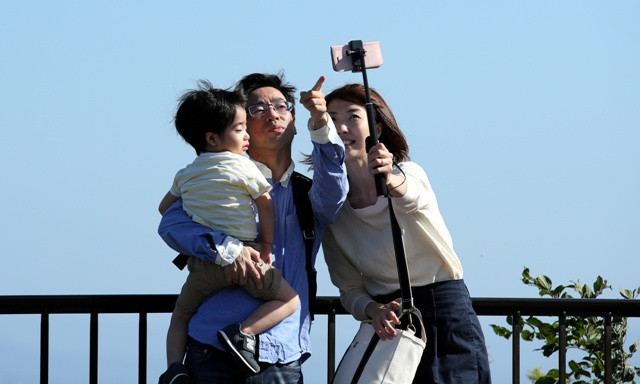Japanese gave birth to babies at a much lower rate this year. The number of babies born was 5.9% or 900,000 lower for the first time since 1899, according to data from the Japanese government. There were only 864,000 babies born this year compared to 918,000 babies born last year.
This was the biggest decline in births since 1975. Many factors accounted for the decline in birth, including fewer women giving birth between the ages of 25 and 39. The local government hopes that with policies planned for next year, they can achieve a birth rate of 1.8% from 1.4% in 2018.
Also, for the first time in centuries, the number of deaths in Japan surpassed the 500,000 mark. Five hundred twelve Japanese died this year.
There has been a general concern in the previous years concerning Japan's diminishing birth rate. Continued plummet may strain the otherwise robust economy of the developed nation.
Due to a declining workforce, the government has to shoulder the expense of welfare finances for the country's aging population. No matter how the economy grows, if there is a huge gap between the elderly and the working population, all growth will otherwise be canceled out.
There is a correlation between birth rate and economic growth, according to economists. Low birth rates have long-term economic repercussions compared to what was previously believed. In the previous decades, governments around the world implemented birth control policies believing that overpopulation burdens a country's economic growth. Most recently, economists observed that under-population brings similar problems with that of overpopulation.
One result, as already mentioned, is the huge gap between the aging population and the workforce. The workforce pays taxes, so, with fewer taxpayers, the government would have to resort to budget cuts across important sectors.
There will also be a dwindling number of consumers that could fuel businesses. Initially, baby-related businesses will feel the effect but as the age gap widens, the decline will creep through all consumer-dependent businesses.
Indeed, Japan has a lot on its plate this year. The country is seeing export decline on a month-to-month basis. Some observers have already floated the idea of a looming recession.
The lower birth rate is not a problem isolated in Japan. China is also experiencing the same problem with only 15.2 million babies born in 2018 compared to 17.9 million in 2016.
Singapore has now among the world's lowest birth rates with a ratio of 8.9 babies per 1,000 people. South Korea, Italy, and Spain are also battling problems with a dwindling population, as well as some Western European cities.






